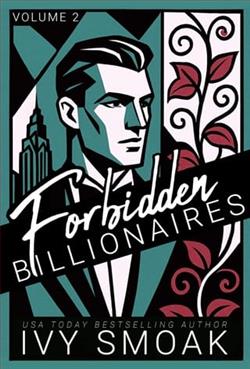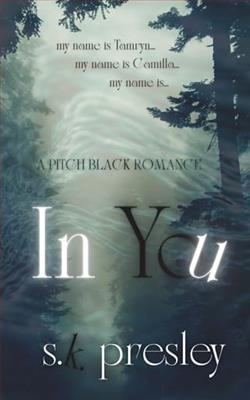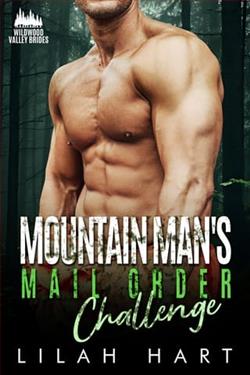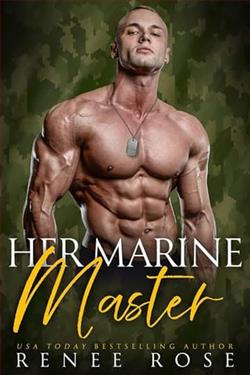Page 52 of So Far Gone
The next day, she made sure the kids used the bathroom, and then they started driving north, toward her dad’s place. No GPS, of course, she only had the directions Rhys had mailed her three and a half years earlier. Once they got out of the suburbs, the forest seemed to crowd the highway on both sides, then to back away again, the tree line moving in and out like a giant green and brown bellows. They passed farmhouses, taverns, gas stations, trailer parks. Signs pointed to dirt roads promising lakes named for animals (LoonandDeer) and who-knew-what (Jump Off Joe Lake)? Ten miles on this two-lane highway, twelve on that one, turn on this dirt road, cross that creek and turn left at the second drive, through the birch trees. Like a treasure hunt.
Finally, she eased up his dirt driveway and parked between the cinder block house and the outhouse.
“What if he’s not home?” Leah asked.
“He’s home,” Bethany said. “Where’s he gonna go?”
And sure enough, he came walking over from the barn—or what was left of it. He appeared to be taking the structure down, piling boards on that old 1950s flatbed truck. “Bethany?” He set a crowbar down on the truck bed, removed his work gloves, and made his way over.
She wasn’t sure what she’d expected, but the man striding toward her looked more like her father than the anxious, strung-out Rhys who’d punched her husband and stormed off three and a half years earlier. The only other time she’d driven up here, the summer after he moved in, he was halfway to recluse—long hair and beard, disheveled, complaining about raccoons. But now he looked lean and muscled. Sharper. His salt-and-pepper hair had been recently cut and his beard was trimmed. But more than that, there was a clarity in his eyes that hadn’t been there in the years before he left.
He wore a brown chore coat over work jeans and a faded Portland Trail Blazers T-shirt that she remembered him wearing back in the day. He tilted his head and squinted, almost as if he suspected he might be imagining them.
“What are you... Do you... do you want to come in? I... I don’t have any...” He rubbed his hair. “I actually don’t have much food at all. I have coffee and some pancake mix. Dried fruit. Smoked salmon. Some pasta. You caught me between supply runs.”
“We can’t come inside, anyway.”
“You drive all the way up here and you can’t come in?”
“No, Dad. There’s a pandemic. We’re supposed to be social distancing.”
“Oh. Right.” He put a hand to his head. “I keep forgetting. The woman who cuts my hair made me wear a mask. She was talking about it just the other day.”
“Dad, everyone is talking about it. Everyone’s wearing masks.”
“Of course they are. Yes. I’m sorry.”
How was it, Bethany thought, that the only two people who didn’t seem to know that the entire world had been shut down were her father and stepfather? For a moment, she envied them both.
Kinnick started toward her, as if to give her a hug. “Is it... Can I...”
“We have to stay six feet apart.” She pulled a mask from her pocket. “And I should probably wear this.”
“Even outside?”
“I mean, no one knows for sure. But I don’t want to be the one who gets you sick.”
“Of course. Well, don’t put that on. I’ll keep my distance. But can I at least bring out some water for the kids? Or some... uh, dried fruit?”
Both kids looked at their mother. “That’s okay,” she answered for them. “We ate at Mom’s.” She nodded toward where he’d been working. “Are you fixing your barn?”
“The barn?” Kinnick scratched his head, as if he’d forgotten what he was doing. “Oh.” He turned to look. “No, I’m taking it down.”
“Why?”
“Well, I found my grandpa’s old landfill up here. Thirty years of garbage. Old car bodies. Metal and wood. He just threw everything in that hole. I dug it all out of the ground, hauled it off, and cleaned it up, planted some trees, and it just felt so good... I realized that’s what I want to do with this place. Slowly return it to nature. Eventually leave no trace that anyone was ever here.”
No trace. Sure. She couldn’t say why this rankled her, but it did.
They walked to the little stream beyond his house, small-talking as they went. Leah and Asher tossed rocks into the water, trying to make the biggest splash, even though the creek was only a few inches deep.
Bethany kept glancing over at her dad. Unlike with her mother, it felt rather natural being six feet away from Rhys. When she was little, she attached herself to her father’s hip the minute he got home from work. He’d tell stories about his job and ask her about the books shewas reading. She loved seeing his byline in the newspaper.By Rhys Kinnick. Staff Writer. He’d light up when he read her middle school book reports and her English papers, as if they shared a secret language—which was... of course, language. She loved to write, and everyone said she would grow up to bejust like your father. And then, as she’d explained to Peggy, in high school this chasm had begun opening between them, and eventually, she stopped saying she wanted to be a writer like her dad.
“How’s the writing coming?” she asked. The other time she’d been up here, he’d admitted he was trying again. He had started keeping a journal of his progress in the woods, like Thoreau.
“Slowly,” he said. “I guess I’m still mostlypreparingto write? Reading a lot and making notes toward... well, toward something.”
“Another book?”















